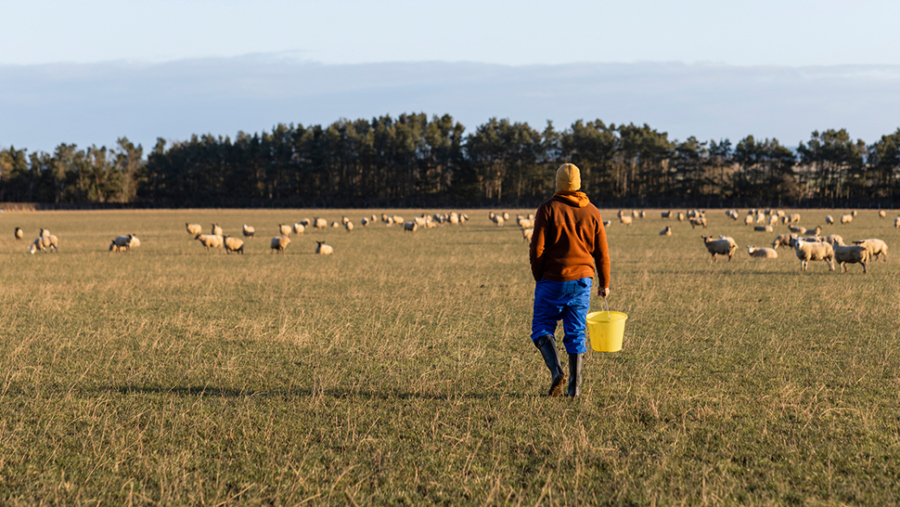

The Supreme Court’s long-awaited judgment in Guest v Guest [2022] should serve as a timely reminder against making promises one cannot keep.
The facts of the case will be very familiar:
- Parents encourage child to remain and work on the family farm, often for a basic wage, rather than moving away and finding better-paid work elsewhere;
- In exchange, parents promise said child they will one day inherit some or all of the farming business and land;
- Tensions arise, for example over plans for the farm business, which result in said child being disinherited.
- Said child seeks to enforce said parents’ promise.
The peculiarity of Guest v Guest, however, is that the child’s claim was brought whilst both parents were still alive. Had the parents kept their promise, their son would only have benefited from it once they had both passed away.
Having found that parents were estopped from backing out of their promise to their son, the Courts had to determine how to provide the son with an appropriate remedy. The Supreme Court faced a choice between:
- A remedy limited to compensating the son for the detriment he had suffered in reliance on his parent’s promise, e.g. lower wages etc. This was the position favoured by the parents; and
- A remedy based on what the son’s would be expected to receive upon the fulfilment of the promise.
Ultimately, the Supreme Court found that the starting point should be the fulfilment of the promise. Whether that produces a remedy which is proportionate to the detriment suffered by the son should be no more or less than a useful cross-check.
This produced two options for the parties:
- The farm is placed in trust with the son having the benefit of a reversionary interest whilst the parents take a lifetime interest; or
- The son receives his share of the farm now, subject to a discount for the promise being fulfilled early.
By providing remedies which could allow the parents to continue farming or for the family to make a clean break, the Supreme Court has clearly taken the time to consider a pragmatic solution for the family, mindful of the particularities of the case.
Much has and will be said over the legal detail of the Court’s findings, but for farming families the case should be reminder to have a clear succession plan in place and to take advice as soon as circumstances change.










